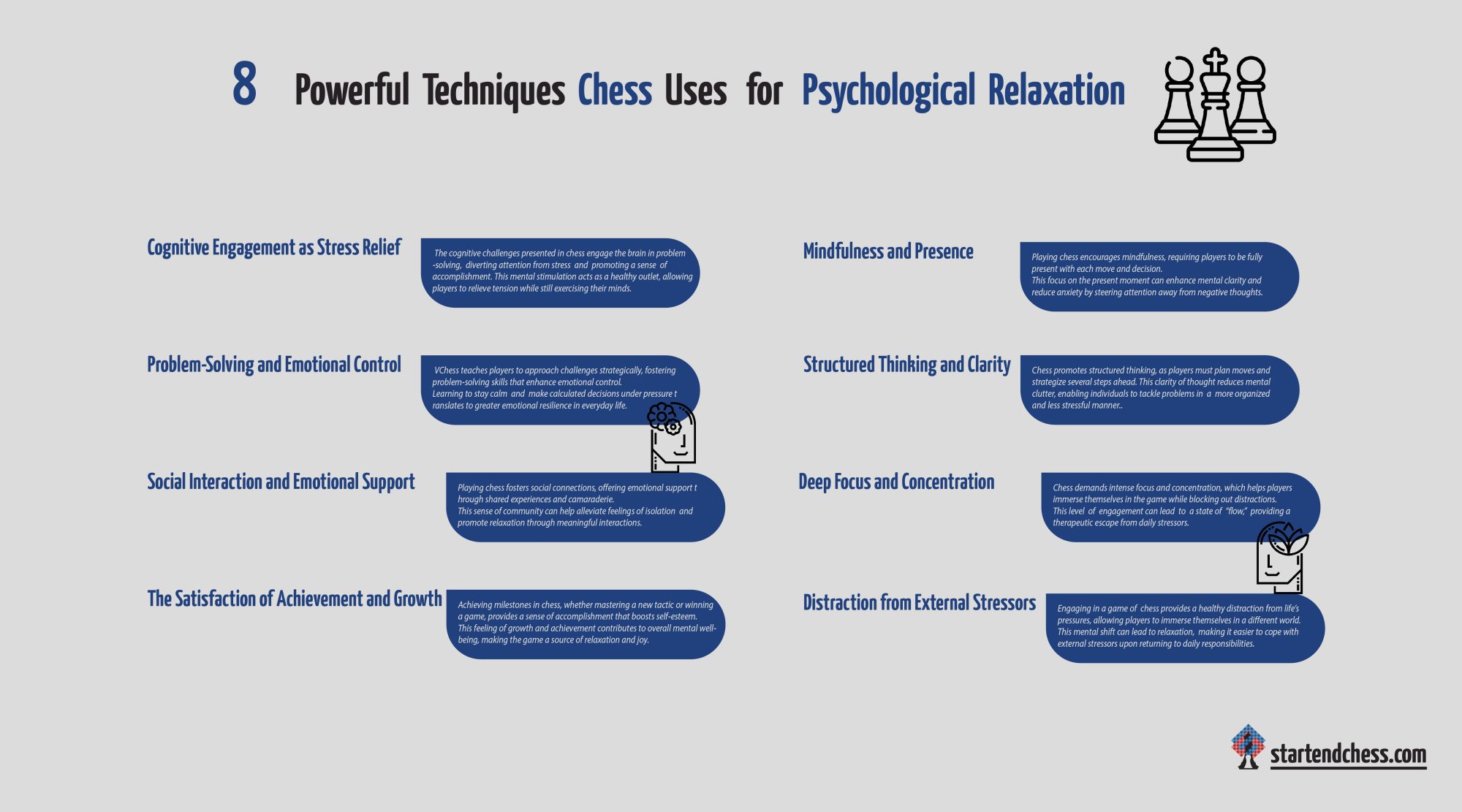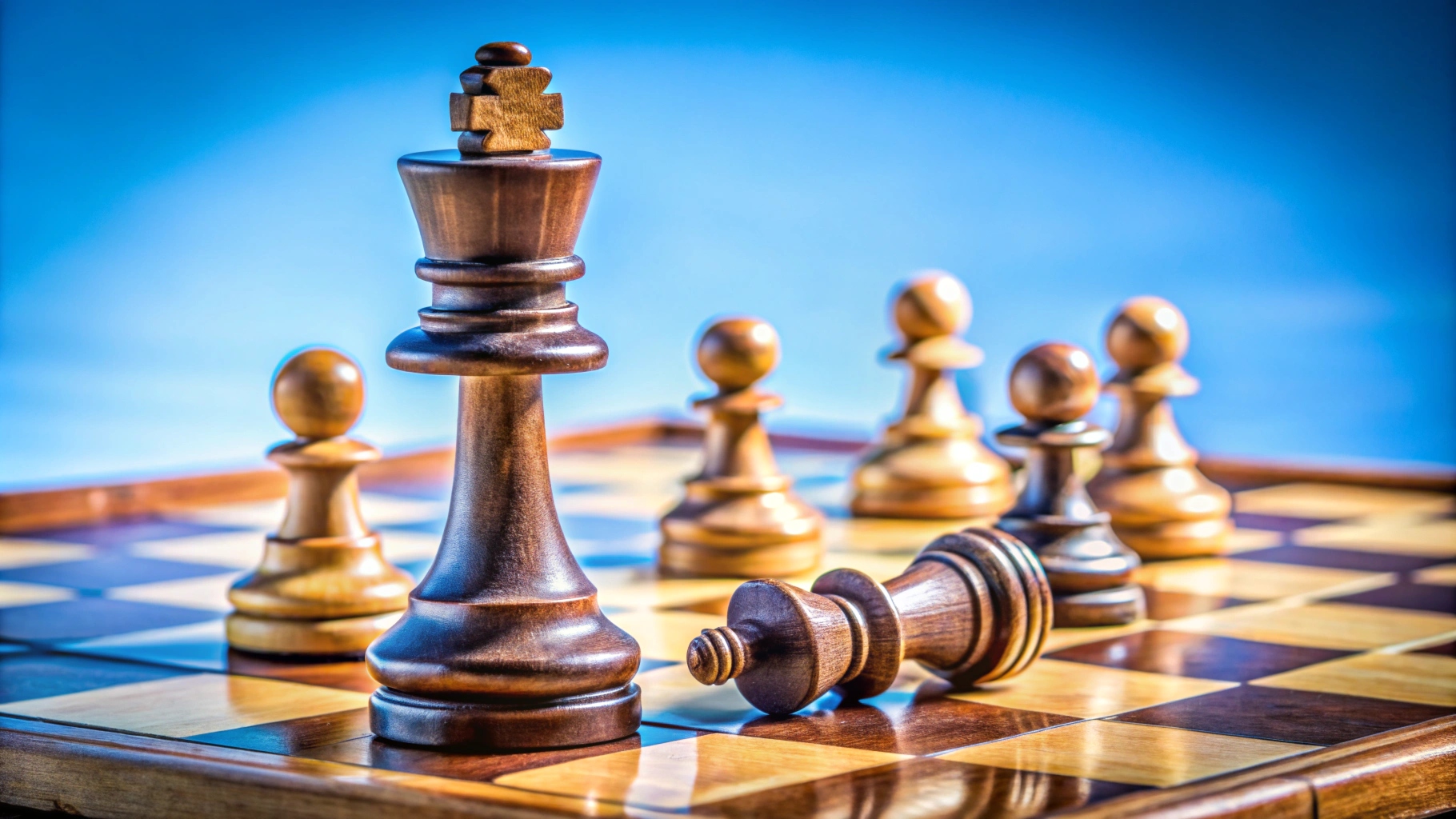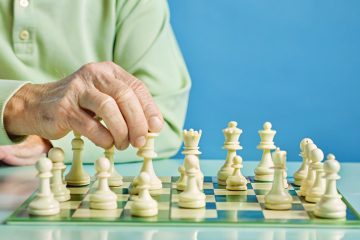8 Powerful Techniques Chess Uses for Psychological Relaxation
Chess is not just a game of strategy and skill; it’s also a powerful tool for mental well-being. Many people are unaware of the incredible benefits chess offers for reducing stress and promoting psychological relaxation. In today’s fast-paced world, finding effective ways to relax and calm the mind is essential, and chess provides a unique, mentally engaging outlet that fosters mental clarity and emotional balance. Whether you’re a seasoned player or new to the game, understanding how chess uses specific techniques for psychological relaxation can greatly enhance your overall well-being.
From sharpening focus to promoting mindfulness, the game’s cognitive demands act as a form of mental therapy. In this article, we will explore the top 8 powerful techniques chess uses for psychological relaxation, helping you understand how each aspect of the game contributes to reducing stress and improving mental health. If you’re looking for a mentally stimulating yet calming activity, discovering the therapeutic effects of chess might be exactly what you need to achieve lasting psychological relaxation.

-
Deep Focus and Concentration
Deep focus and concentration are part and parcel of chess because the game requires a player’s focused attention on the board. This type of immersion then enables one to create what is known as “flow,” where one does not notice the time passing nor hear what is going on around them, which in turn can create a deep sense of relaxation.
When the players are deeply engaged in their move and strategy, it could be a short respite from daily life’s problems and stressors. Deep involvement will create better play and greater calmness in the minds of players to help relax psychologically, serving as a powerful tool.
Relaxation Benefit: Deep concentration tends to induce a state of “flow,” in which one becomes so absorbed in an activity that they no longer notice time and other external irritants. The state of flow, easily achieved in chess, serves as a kind of therapy for the player-a method of relaxation and energy restoration.
-
Mindfulness and Presence
Chess instills in its players the value of being present with each and every move, cultivating an immense level of awareness about the game in question. This much attention to one’s present moment could drastically reduce anxiety and overthinking because all the attention would be placed solely on the chessboard in front of a player.
When one plays chess, one enables oneself to let go of distracting thoughts and problems. The result is the spilling over into daily life by which one finds more peace and relaxation.
Relaxation Benefit: Mindfulness in chess induces a meditative state that helps eliminate anxiety because a player can remain in the “now” instead of going over past mistakes or future concerns. Active relaxation through stillness of the mind brings clarity and calm to the player.
-
Cognitive Engagement as Stress Relief
This alone acts as a unique source of stress relief through cognitive engagement in chess. The nature of the challenges in this game requires active problem-solving and strategic thinking, efficiently shifting focus away from stressors into enjoyable mental exercises.
The complexity involved in playing chess makes players feel accomplished, which can actually reduce tension. It’s a light cognitive activity, and thus it is a very good release where the players can take a rest from their body while their minds are engaged with critical thinking.
Relaxation Benefit: Through chess, mental energy is shifted to solve puzzles and think effectively; hence, it provides the brain with a productive focus that dispels stress. The exercise of the mind in chess can be likened to a brain massage as it relaxes while at the same time engaging the brain in a constructive act.
-
Problem-Solving and Emotional Control
Chess plays an important role in helping a player solve a problem. This in turn helps in the control of emotions when one faces challenging situations. The analysis of a board or different types of moves teaches the player to remain calm and composed, whatever the pressure.
This clears the mind to approach problems, and this is beyond the chessboard. Through practice and regulation of emotions with chess, they are better prepared to face life’s challenges and nurture inner peace.
Relaxation Benefit: Chess helps an individual create emotional discipline since it teaches him/her to be poised and concentrated in very pressuring circumstances. This regulation of emotions may also possibly translate outside the realm of this game into providing relaxation that reduces anxiety and improves emotional resilience within an individual’s life.
-
Distraction from External Stressors
This is a perfect way of having a good diversion from certain forms of environmental stress. It will require players to take their minds away from the real environment because of experienced stresses and instead plunge deep into the world of strategies and tactics.
It becomes refreshing for the mental shift to occur where players can recharge and look at their problems in a whole new light. Actually, playing chess can even be a haven for some as it provides an avenue for rest and relief from some overwhelming thoughts.
Relaxation Benefit: This form of escapism is effective in that it gives the brain a rest from stressed thoughts, thus facilitating mental relaxation. Mostly after a game, players are refreshed mentally and prepared to face the stress they had left behind.
-
Structured Thinking and Clarity
Chess helps implement an analytical-thinking process, which underscores the need to have preplanned moves and strategies. It is this one that begets clear thinking; in turn, it makes such situations, however complex they may be, into little pieces, thereby making them feasible and fun.
This naturally happens because, with practice, players develop a more organized mind, reducing the mental chaos. In developing a more focused, organized way of thinking, it fosters overall decision-making skills and is a step toward being generally calm and composed.
Relaxation Benefit: Structured thinking reduces mental clutter and, in that process, brings a semblance of clarity to the mind. The serene and still thinking that chess engenders, in fact, often spills over into other aspects of life with experience and builds long-lasting mental repose and focus.
-
Social Interaction and Emotional Support
Chess facilitates social interaction through friendly matches and tournaments among people, which gives a sense of community and emotional support. Relationships formed with other players based on this can help decrease loneliness and improve wellbeing.
Social chess also nurtures friendships and a learning and encouraging environment. This kind of camaraderie brings extra relaxation to the already relaxing game of joy and support.
Relaxation Benefit: The social nature of playing chess builds relationships and emotional health. The supportive aspect and camaraderie within chess communities can emotionally relax an individual, aiding in diminishing perceived loneliness and tension.
-
The Satisfaction of Achievement and Growth
Accomplishment and personal growth come along with the journey of mastering chess. Every small feat that includes winning a match or mastering a new strategy gives one reasons to feel good about oneself to continuously improve.
This feeling of accomplishment adds much to psychological well-being, as players become proud of their improvement. Growth in chess is therefore a releasing, stress-calming counterpart with the burdens of life, enhancing one’s overall mental health.
Relaxation Benefit: Positive emotions, in the sense of progress achieved or new strategies learned or difficult games won, reduce stress and provide for psychological relaxation. The mental growth that contributes to chess again boosts self-esteem and confidence for further long-term psychological relaxation.

Conclusion:
In conclusion, chess is far more than a game; it’s an effective tool for promoting mental calm and clarity. Through the unique combination of focus, mindfulness, and emotional regulation, chess uses for psychological relaxation in ways that few other activities can match. By engaging deeply with the game, players can enter a state of flow, where stress fades and mental balance is restored. Each technique, from sharpening concentration to building emotional resilience, contributes to a sense of inner peace that extends well beyond the board.
Whether you’re looking to relieve stress, enhance focus, or simply find a mentally soothing activity, embracing the therapeutic effects chess uses for psychological relaxation can support a more balanced, peaceful mind. Try incorporating chess into your routine and experience how this timeless game can be a powerful ally for mental well-being.
We’ve prepared a podcast to accompany this article, offering the same insights in an audio format. If you enjoy listening, give it a play!
References:
- Kovács, I., & Richman, M. (2019). The Therapeutic Role of Chess in Stress Management and Cognitive Development. Journal of Mental Health and Wellness, 15(3), 213-225.
- De Bruin, A., & Kok, E. (2021). Chess as a Mindfulness Practice: Promoting Focus and Relaxation through Cognitive Engagement. Mindfulness & Psychology Today, 8(2), 85-102.
- Smith, J., & Alvarez, R. (2020). Cognitive and Emotional Benefits of Chess: Insights from Educational Psychology. Educational Psychology Journal, 12(4), 291-308.
- Nguyen, P., & Luu, T. (2022). Social Benefits of Chess: Building Community and Emotional Support. International Journal of Social Sciences, 18(5), 421-436.
- Garcia, L. (2018). The Flow State in Chess: Understanding Immersion and Psychological Relaxation. Cognitive Therapy and Research, 42(7), 941-955.
- Chen, H., & Roberts, K. (2021). Chess as a Therapeutic Tool for Mental Clarity and Emotional Resilience. Journal of Cognitive Behavioral Therapy, 9(6), 508-520.



0 Comments